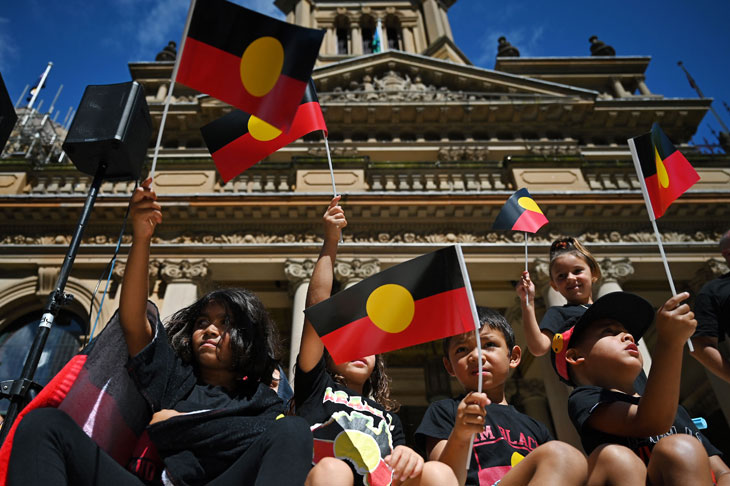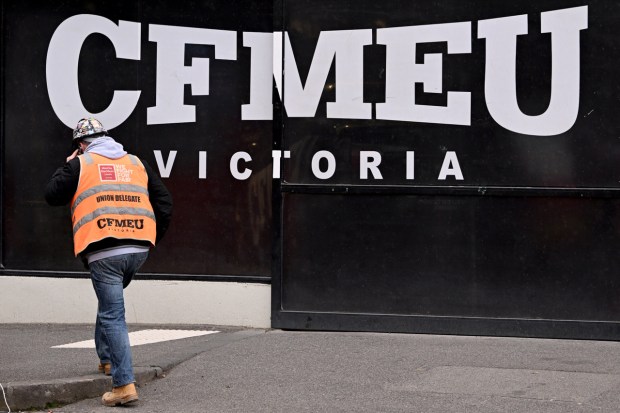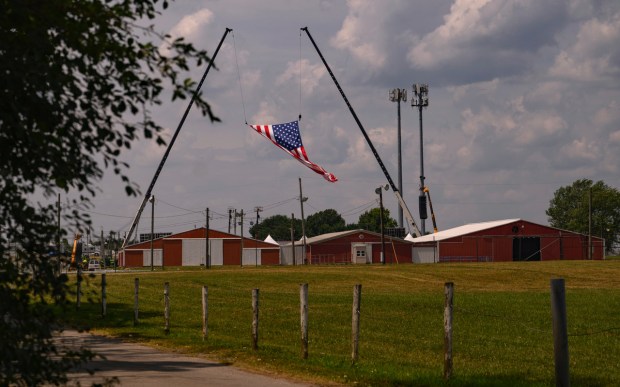The Queensland University of Technology is to establish a Faculty of Indigenous Knowledges and Culture. Damn, my grammar app keeps trying to correct knowledges to knowledge. Obviously, it is a colonialist piece of software that refuses to acknowledge that Aboriginal people know differently.
Some Aboriginal people know different things, but I doubt they know differently.
Already a subscriber? Log in
Subscribe for just $2 a week
Try a month of The Spectator Australia absolutely free and without commitment. Not only that but – if you choose to continue – you’ll pay just $2 a week for your first year.
- Unlimited access to spectator.com.au and app
- The weekly edition on the Spectator Australia app
- Spectator podcasts and newsletters
- Full access to spectator.co.uk
Or
Unlock this article
Gary Johns is the chair of Close the Gap Research and author of The Burden of Culture.
You might disagree with half of it, but you’ll enjoy reading all of it. Try your first month for free, then just $2 a week for the remainder of your first year.












Comments
Don't miss out
Join the conversation with other Spectator Australia readers. Subscribe to leave a comment.
SUBSCRIBEAlready a subscriber? Log in